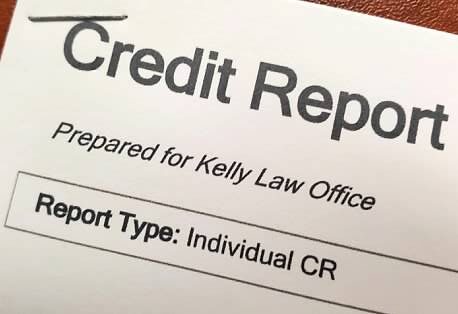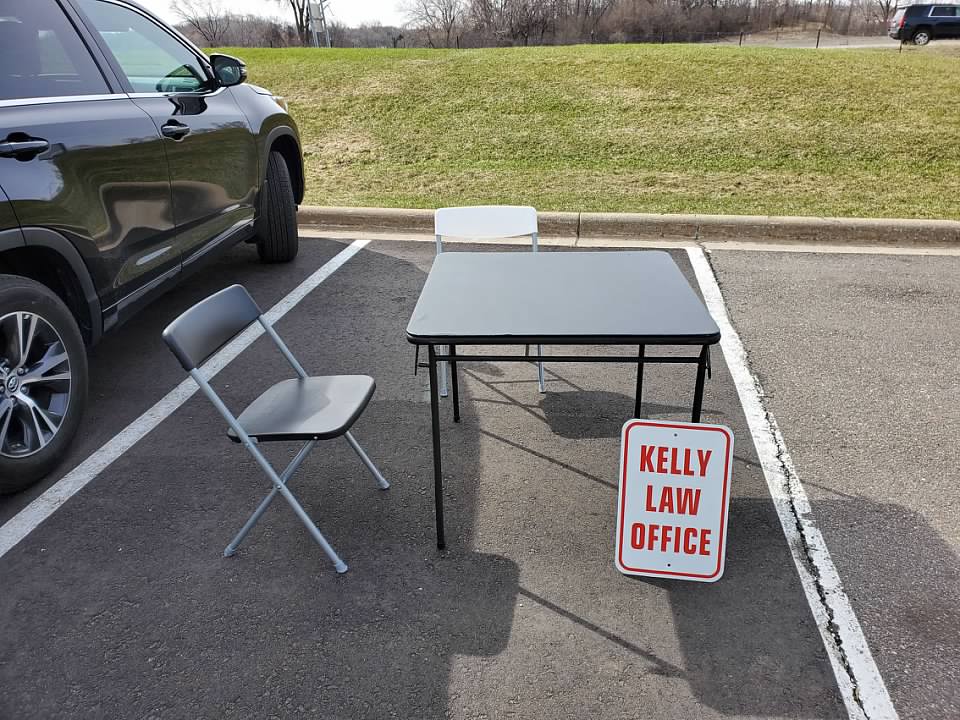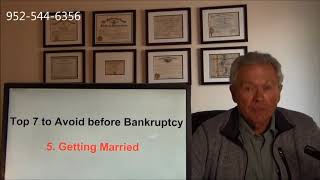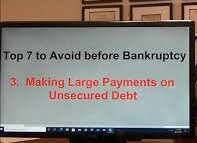By David J. Kelly, Minnesota Bankruptcy Attorney
Take Care About Where You Bank
I’ll never forget a certain day a few years ago when I had a hearing downtown at the federal courthouse. When I arrived that day the hallway outside the hearing room was crowded and my clients were there waiting for me. First thing they said, to my surprise, was that they were sure glad they had hired me. Before my arrival they had overheard someone else complaining loudly to their lawyer about having the money in their checking account seized by their bank. My clients knew I had made sure that wasn’t going to happen to them. They were very grateful.
Your Bank May Have a “Right of Setoff”
If you owe money to your bank or credit union on the day you file a bankruptcy, they may seize the money in your checking and savings accounts and apply it toward what you owe. The first time I saw a bank do this I thought they were violating the automatic stay. The automatic stay is the court order addressed to all the creditors when a bankruptcy is filed. It tells them to stop all collection efforts. It turned out the bank was exercising what they call a right to setoff. This is one of the exceptions to the automatic stay. Apparently the reasoning is that they are considered to have the money in your accounts already, so they aren’t really taking anything new from you when they seize it. This is twisted logic in my opinion, but nobody is asking me.
They May Freeze Your Account Even if They Don’t Have a Setoff
Lawyers I know have repeated told me that one of the banks in our community has been known to sometimes freeze a person’s account when they find out that customer has filed a bankruptcy. They apparently do this even when their customer does NOT owe them anything. What it is said they do is freeze the account and then send a letter to the bankruptcy trustee asking what they should do with the money. If the customer has managed to claim the contents of the bank account as exempt, the trustee will probably say to let the person have their money. But in the mean time the account could be frozen for a week or ten days. Obviously this could be very inconvenient if not tragic. I have never understood why they do this. It has not happened to any clients of mine because I always advise staying away from that particular bank, I tell them to open a new account somewhere else and get the old accounts closed before we file.
Consult your lawyer about this issue. Every situation is different. Some institutions are worse than others. Many might not bother seizing or freezing your money if your balance is low. The lawyers I know often debate how low of a balance it takes to avoid this problem. Nobody knows for sure. The safest thing to do is just change banks before you file your bankruptcy.
Call Dave at 952-544-6356 for a free telephone consultation
I am a debt relief agency. I help people file for relief under the federal bankruptcy code. This post is for general information purposes only. It is not legal advice. It does not create an attorney-client relationship. Consult the attorney of your choice concerning the details of your case.















